NOTE: This short essay appeared in the second issue of The Zephyr, in May 1989. From the beginning, this publication always believed that ‘wilderness’ was more than a piece of legislation or a product to be marketed. Almost 25 years later, wilderness is still being fought over by competing lobbyist/lawyers and exploited by entrepreneurs–many of them card-carrying environmentalists (“proud business members”). In the second decade of the 21st Century, the meaning of wilderness is vanishing, whether we ever get a ‘wilderness bill’ or not…..JS
.
Edward Abbey once said, “We can have wilderness without freedom; we can have wilderness without human life at all; but we cannot have freedom without wilderness.”
Anything precious and valuable in this life comes to us at a price. Nothing that we ever treasure is free. We have always paid dearly for freedom, and the same can be said of wilderness. When I talk about wilderness, I’m not referring to the political, bureaucratic designation that the word evokes in people’s minds. I’m not talking about Congressman Owens’ five million acre bill, or Congressman Nielson’s one million acre bill, or Earth First’s! Sixteen million acre proposal. Forget labels and designations, “wilderness study areas,” and proposed legislation. Forget all that. I’m not talking about that.
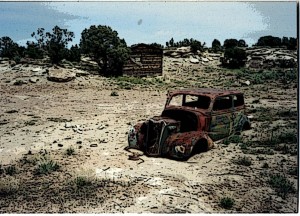
I’m talking about wilderness as a state of mind, a feeling, an emotion. Wilderness is any place where we find silence and solitude or adventure and surprise. If I’m picking through the ruins of an old mining cabin in the Yellow Cat, and I look up through the darkness to the exposed rotting rafters and find myself eyeball to eyeball with a Great Horned Owl, who never blinks, and out-stares me, and backs me out the door, isn’t that a wilderness experience? If I’m walking down the dirt road between the Bears Ears with my dog, and suddenly the oak brush in front of me rustles, and a form begins to emerge from the leaves, and it turns out to be a beautiful, sleek, mountain lion, whose muscles ripple in the sunlight as it walks silently in front of me, and then vanishes into the ravine below, isn’t that a wilderness experience? If I sit down on the rim near Muley Pt., or on top of Mt. Ellen in the Henry Mountains, or Windy Point on the Uncompahgre Plateau, or the Mollie Hogans, or North Long Point, or UFO Hill or a thousand other lonely, lovely places, and I sit there for hours, and all I hear is the wind, and the humming of my own brain, isn’t that wilderness?
What I’m struggling to say is, wilderness is anywhere that we find things wild and free and solitude that is long and unbroken. All these places deserve our respect and our reverence and our concern, or they will surely die.
We are watching a significant change in the way the canyon country of southeast Utah is used. It is becoming a recreation area and it is earning a worldwide reputation. People come here to backpack, to ride their mountain bicycles, to run their kayaks down the Colorado River, to challenge the sheer, vertical sandstone walls with ropes and pitons, and carabiners. It is important to enjoy being outside, and breathing clean air, and testing one’s physical and mental endurance. But it’s not enough.
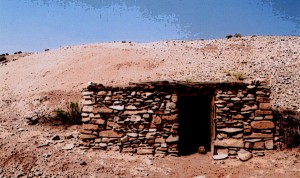
It is not enough to be an “outdoor enthusiast,” or a “recreationist.” It’s great to come here to play, but this is not a playground. Nobody is going to pick up after us. The people who bask in the desert sun, beneath pellucid skies, are the ones who must ultimately be ready to protect it. Those who use it the most must be ready to pay the price. Every time we venture into the canyons, or scale a cliff, or cross a valley, or run a river, we have to ask ourselves: how will our presence here affect the next person who comes along? If we do it right, they’ll never know we were there.
It’s our privilege to be a part of these rocks and rivers, and to have a good time, but it’s our moral obligation to care enough to assure that the rivers run wild and free, and the red rocks glow in the sundown sky.
* “Tread softly because you tread on my dreams,” from a poem by William Butler Yeats. 1899.
To read the PDF version of this article, click here.
Don’t forget our loyal Backbone members!


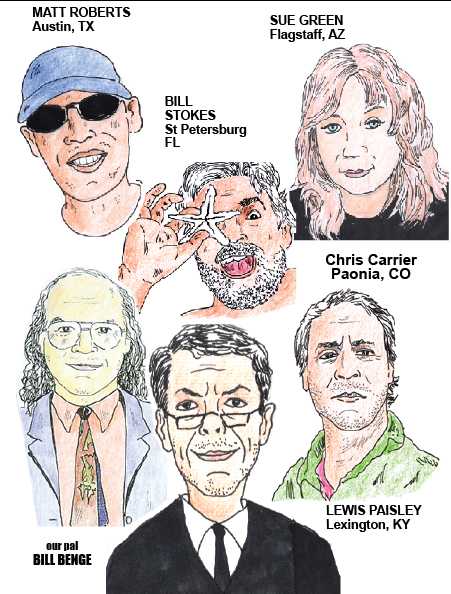
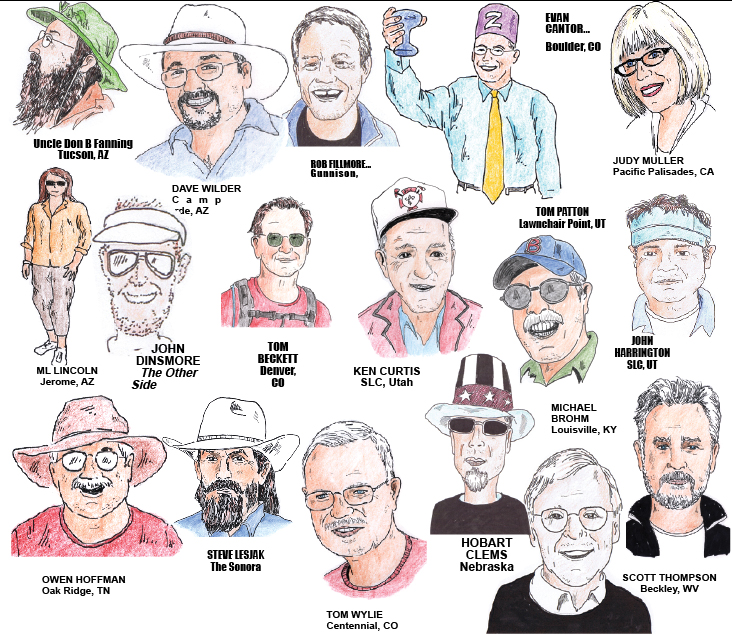
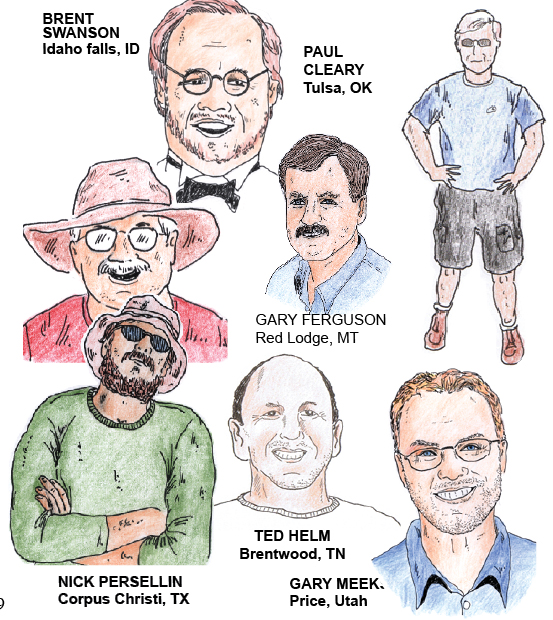
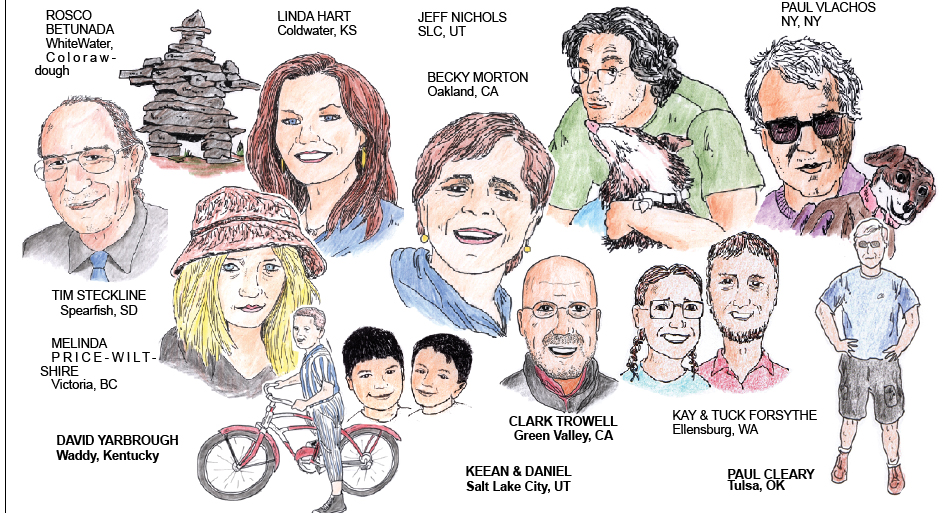
I’ve read this a few times in the past, and it always speaks to me. This is still the main issue. The legislation is just a codification of the ethic you speak of here. And it saddens me to see the same people who obviously love the backcountry also leaving garbage, fire scars, and hacked up trees in their wake.